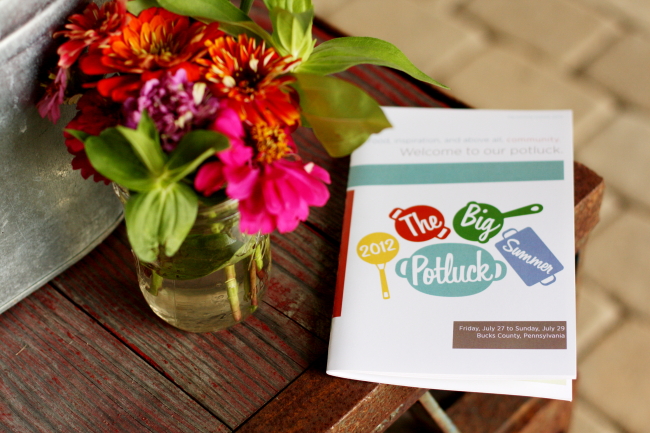I owe a debt of gratitude to a woman who verbally attacked a young cashier the other day. It was a small act of cruelty that lingered with me for days. I couldn’t shake it until I could find a positive solution to my pain.
I was at my local coffee shop, the day after the shooting in Newtown, Connecticut. The sun had just come up. Sleep and sorrow wrapped around me like a fuzzy scarf. The vexed woman spoke with the cashier in a disappointed tone.
“What do you mean you’re out?” she said.
“I’m sorry,” the cashier said. “We are out of the green tea powder right now. May I get you something else?”
The customer seethed.
“I can’t believe you don’t have my drink,” the woman said. She ranted about professionalism, disappointment with the cashier, and dismay at the coffee shop’s business practices.
A manager stepped in and offered apologies. A free beverage was proposed.
“I came here specifically for that drink,” she said.
The manager packaged up a complimentary bagel and a beverage for the woman. She offered it with a smile and a sincere apology.
The red-faced woman snapped the bag from the manager’s hand and stormed out of the shop without a word.
It was just barely seven in the morning.
86 Happiness
I couldn’t fathom the source of her outburst. How a missing green tea powder could inspire such venom so early in the morning was incomprehensible. Pain and anger felt for lost children I could understand. And yet, for this woman on this particular day, an 86’d green tea powder really cut her to the core.
A few hours later, I noticed I was still thinking about the coffee shop melt down. Rather than move past the incident, I replayed the events in my mind’s eye over and over again. I started to embellish the memory. I added fictional speeches in which I would express the need for compassion and gratitude in a broken world. I became anxious for the staff’s well-being, worried they were traumatized. I concentrated on her angular gestures, the tone of her voice, and the way she carried herself as she moved past the barista station. Honestly, I was kind of obsessing over the whole thing.
I shared with my husband how torn up I was over the coffee shop blow out. Rather than belittle my caffeinated fixation, he kindly suggested that I take more time to explore the root cause of what had me so upset.
A walk around the block helped calm my thinking. By the time I returned to my apartment’s gated door, I realized I shared a trait with the ill-tempered customer. I, too, felt a disproportionate amount of emotion over a minor thing. I had what the unhappy woman had: an amplifying mind. I magnified the coffee shop mistake and transformed it into a grave injustice.
Seeking a solution, I reached out to a dear friend. My companion grinned as she prescribed a set of contrary actions to alleviate my condition. She suggested I do five to ten unselfish acts of kindness for the next few weeks, making sure that no one noticed. The goal of my work, she expained, was to spread joy to others and keep the whole business to myself.
“These mitzvahs,” she said, “are only for you and God to know about. No one else.”



